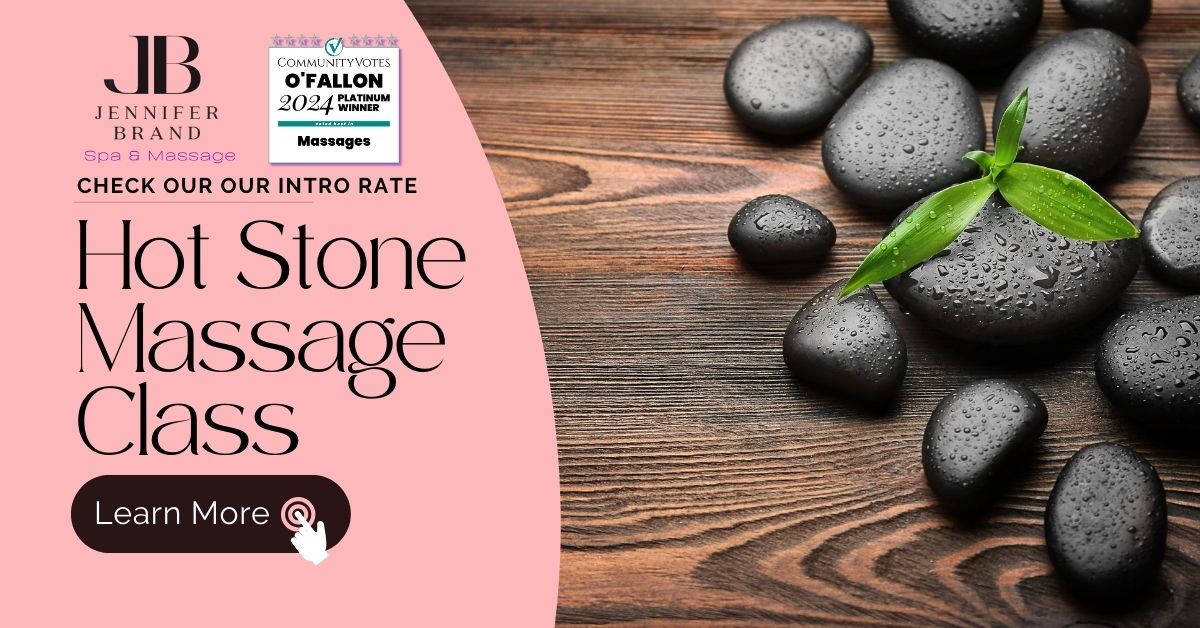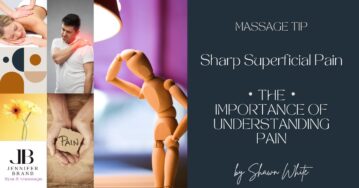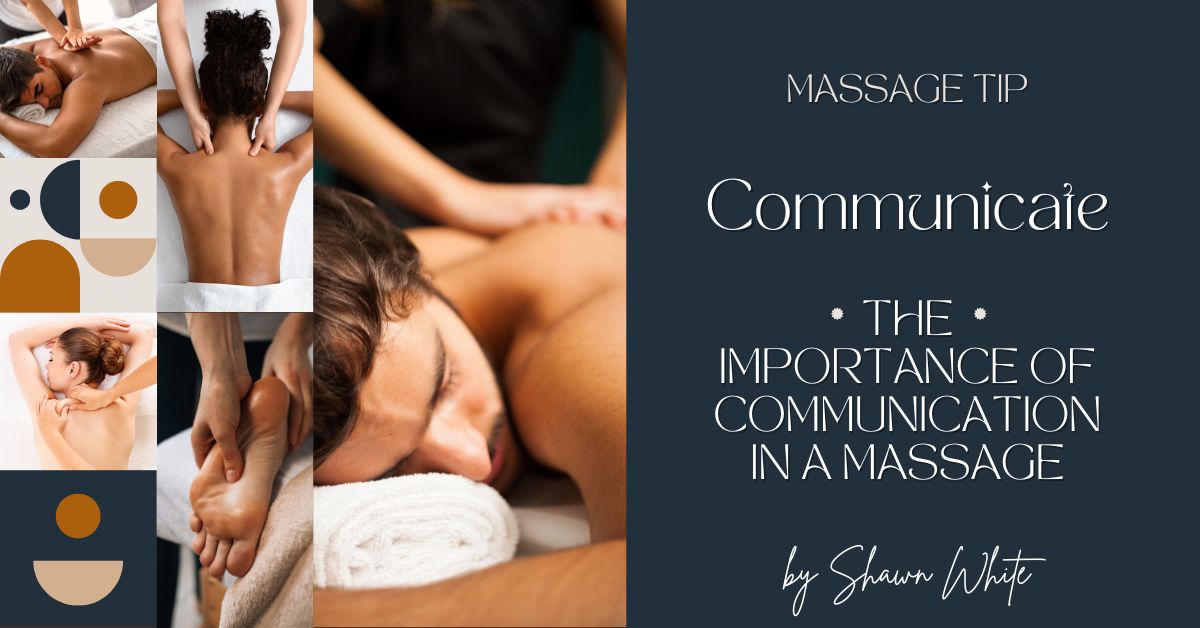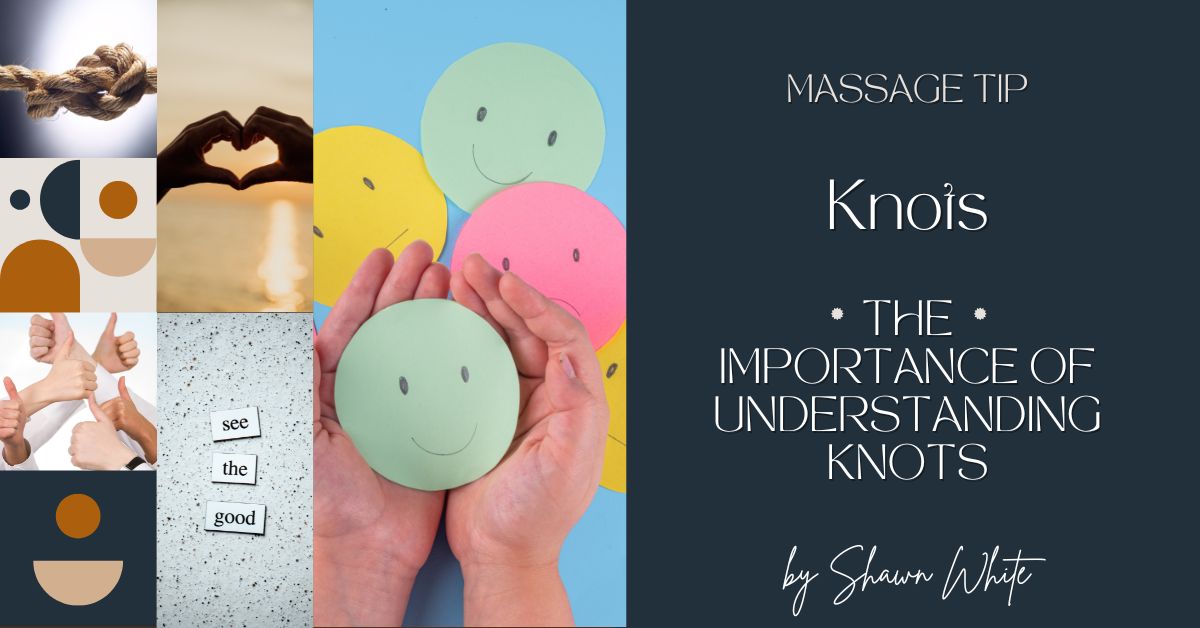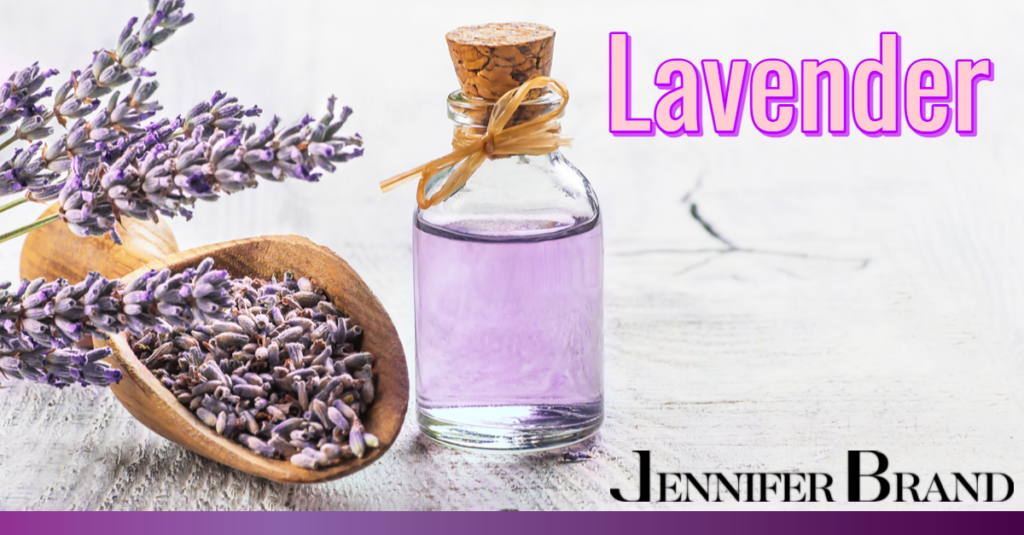
Lavender
Lavandula angustifolia
Lavender has such a peaceful aroma. Its delightful scent is known throughout the world for encouraging a sense of harmony and wellbeing. With such a wonderful smell there is no question why people love including it into their wellness routine. However, this incredible essential oil is known for more than its beautiful aroma. For centuries this essential oil has been used to address a variety of ailments (7). It is traditionally used in massage oil due to its anti-inflammatory and wound healing properties and for providing relief for conditions such as psoriasis, dermatitis and eczema (6).
- Lavender oil has estrogenic and antiandrogenic activity, so topical application around the breast should be avoided (2).
- Lavender essential oil increased quality of sleep and reduced level of anxiety (3).
- Studies indicate that Lavender has been beneficial in the management of anxiety (4).
- Posses potential therapeutic benefit in wound healing (5).
- Study has shown that the topical application of Lavender has been effective in the treatment of psoriasis and other skin inflammations (6).
- Folk and traditional therapeutic use of the essential oil of English lavender for pain, infection, relaxation, and sedation dates back centuries (8).
Disclaimer
This article and its contents in no way seeks to represent the ability to treat, alleviate, or cure any disease; or treat, alleviate, or cure disease and other health conditions as effectively as most over-the-counter medications, or is an effective alternative to prescription medications. We strongly suggest all of our readers, customers, and clientele to first consult with their medical doctor before taking any supplements or making changes to their wellness routine.
We encourage you to seek out competent and reliable scientific evidence consisting of human clinical testing of the supplement or of an Essentially Equivalent Product, that is sufficient in quality and quantity based on standards generally accepted by experts in the relevant disease, condition, or function to which the representation relates, in light of the entire body of relevant and reliable scientific evidence, to determine if the supplement’s representation is true. Such testing should be: (1) randomized, double-blind, and placebo-controlled; and (2) conducted by researchers qualified by training and experience to conduct such testing.
Scalp Massage
Scalp Massage Massage Tip Have you ever wanted to just lay back and enjoy the bliss of someone massaging your scalp? The sensation of feeling someone’s hands slide through your hair [...]
Therapeutic Massage
Therapeutic Massage Welcome to Jennifer Brand Spa, your sanctuary of tranquility and rejuvenation. In today's fast-paced world, finding a moment to breathe and care for oneself can be a challenge. That's where we [...]
Hot Stone Massage Class
Hot Stone Massage Class Massage Class A hot stone massage is an exquisite pleasure. Feeling the hot stone slide against our skin is akin to a divine journey of majestic delight. It [...]
Sharp Superficial Pain
Sharp Superficial Pain Massage Tip Today we are going to talk about how to treat sharp superficial pain. In the adventure of being human we are offered the opportunity to experience a cornucopia [...]
Communicate
Communicate Massage Tip: Communicate Massage is a great way to bond with our special someone because it opens the doorway for us to cherish each other, learn new ways to communicate, and [...]
Patience
Patience Massage Tip When performing a massage, it is important to have patience, to take your time and be gentle. In the application of your pressure, whether it is soft or firm [...]
Pain – How to Massage it Away
Pain Massage Tips When massaging someone experiencing pain, we should aim to provide them with a pleasurable day. Unfortunately, we have been trained to believe we should alleviate pain with pain. [...]
Knots
Knots Massage Tips When performing a massage on someone you are going to feel all sorts of bumps, hard spots, and interesting textures. You may be quick to tell them their muscles [...]
Corrective Massage
Corrective Massage Corrective Massage is for people who are searching for targeted relief. In this session your massage therapist will focus on one or two areas to help alleviate pain and discomfort related to [...]

